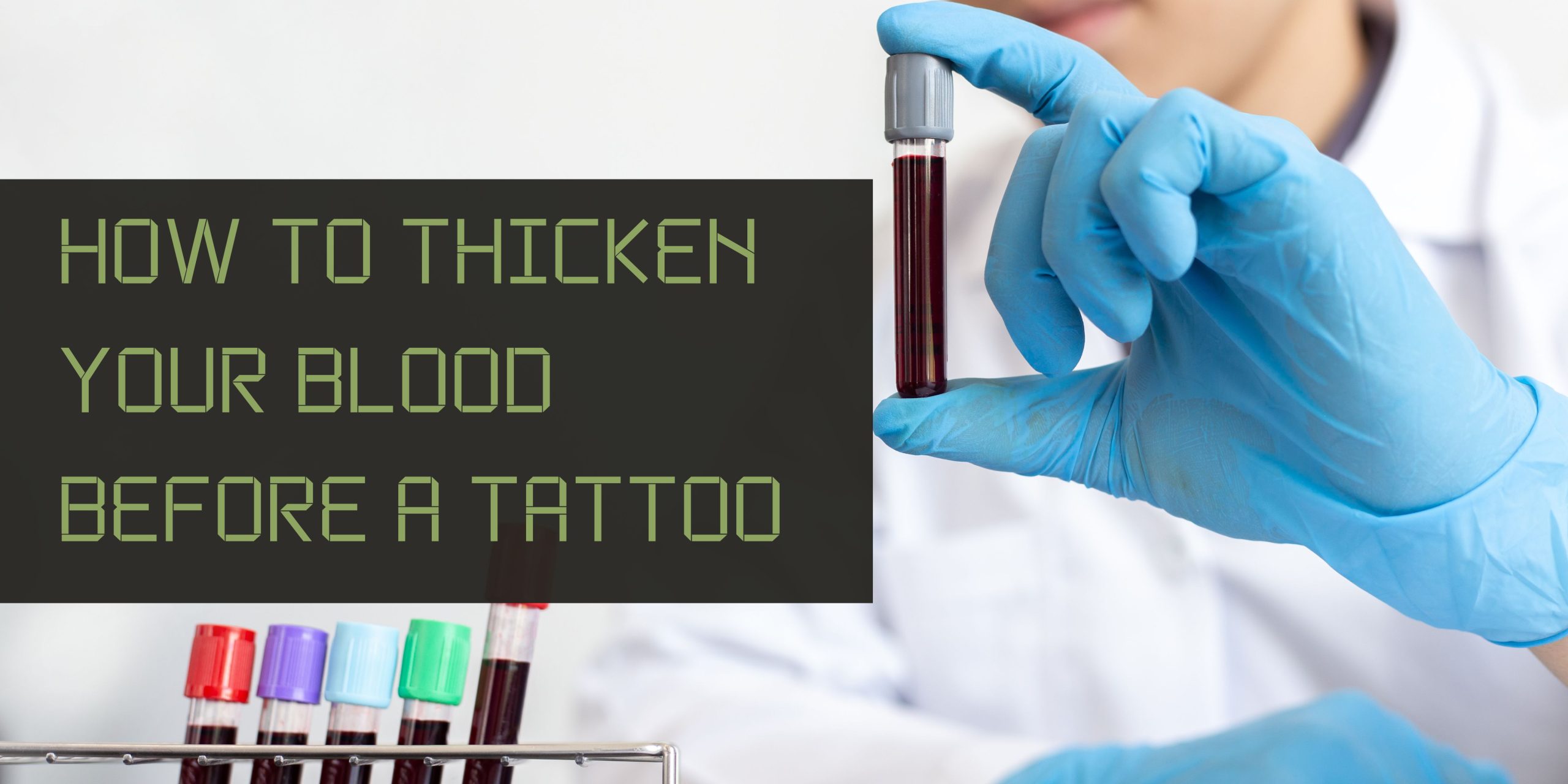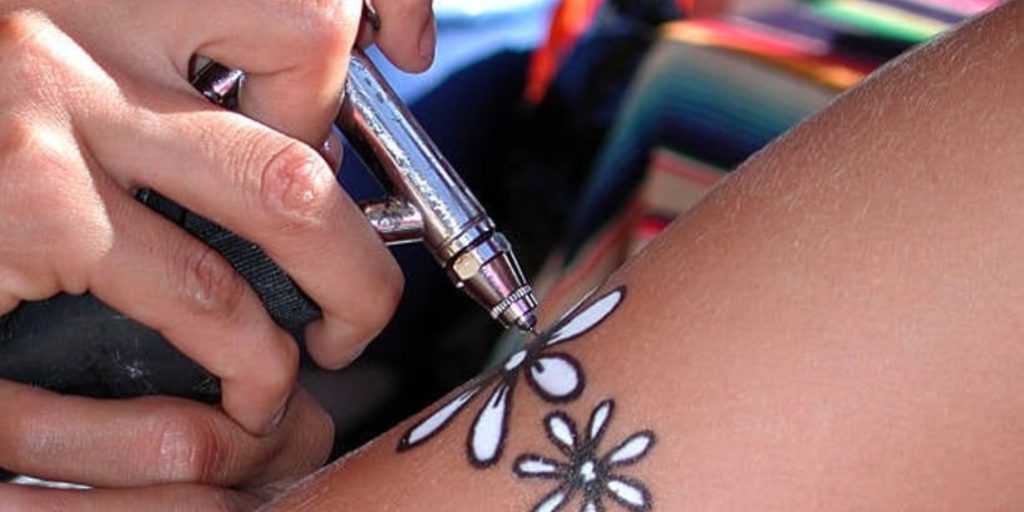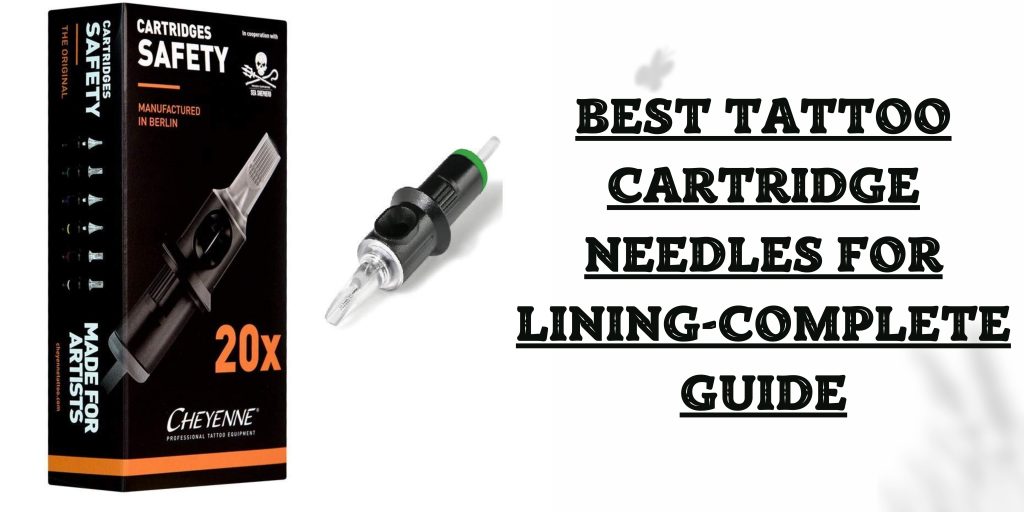Are you planning to get a tattoo but worried about the potential pain and bleeding? Thickening your blood before the procedure can help minimize these concerns and make the experience more enjoyable. Whether you’re a seasoned tattoo enthusiast or getting inked for the first time, learning how to thicken your blood can improve the overall quality of your tattoo experience. In this article, we will explore natural ways to thicken your blood, provide precautions to take, and offer aftercare instructions to ensure that your tattoo looks and feels its best. So, if you’re ready to take the next step towards your tattoo journey, keep reading to learn how to thicken your blood before your next appointment.
How to thicken your blood before a tattoo
Thickening your blood before getting a tattoo is a crucial step in ensuring a successful and comfortable tattooing experience. When you get a tattoo, the needle punctures your skin, causing some bleeding. Thickening your blood can help reduce excessive bleeding, making the procedure more manageable and less painful. Additionally, thickened blood can help the ink settle more effectively, resulting in a brighter and more vibrant tattoo. By taking the time to thicken your blood before getting a tattoo, you can help minimize the risks associated with the procedure and achieve the best possible outcome.
Natural ways to thicken blood
If you’re looking for natural ways to thicken your blood before getting a tattoo, there are several options you can try. Here are some natural methods that you can use to thicken your blood:

Vitamin K-rich foods:
Foods such as leafy greens, broccoli, and Brussels sprouts are rich in vitamin K, which can help thicken your blood. You can also take vitamin K supplements to help increase your intake.

Staying hydrated:
Drinking plenty of water can help thicken your blood and prevent dehydration, which can lead to thinner blood.

Exercise:
Regular exercise can help increase the number of red blood cells in your body, which can help thicken your blood. Just make sure to avoid any strenuous activity immediately before getting a tattoo.

Natural blood-thickening agents:
Natural blood-thickening agents, such as garlic and ginger, can also help thicken your blood. However, it’s important to consult with a healthcare professional before using any of these agents, especially if you’re taking any medications.
Precautions to take when thickening blood
While thickening your blood before getting a tattoo can help reduce bleeding and improve the overall outcome of the procedure, it’s essential to take precautions to avoid any potential risks. Here are some precautions you should take when thickening your blood:
Consult with a healthcare professional:
Before attempting to thicken your blood, it’s crucial to consult with a healthcare professional, especially if you have any underlying medical conditions or are taking any medications that may affect your blood thickness.
Avoid over-thickening:
It’s important not to over-thicken your blood, as this can lead to clotting issues and other potential health risks.
Don’t rely solely on medications:
While medications such as aspirin can help thicken your blood, it’s important not to rely solely on them. Instead, incorporate natural methods such as vitamin K-rich foods and exercise into your routine.
Follow aftercare instructions:
After getting a tattoo, it’s crucial to follow aftercare instructions carefully to avoid any potential complications. This includes avoiding any activities that may thin your blood, such as taking hot showers or baths, drinking alcohol, or taking certain medications.
Aftercare instructions
After getting a tattoo, it’s essential to take proper care of the area to promote healing and minimize any potential complications. Here are some aftercare instructions to follow:
Keep the area clean:
Gently wash the tattooed area with mild soap and warm water twice a day, using your hands or a clean, soft cloth. Avoid using abrasive materials or scrubbing the area.
Apply a healing ointment:
Apply a thin layer of a recommended healing ointment, such as Aquaphor or A&D, to the tattooed area to keep it moisturized and promote healing. Be sure to follow the instructions provided by your tattoo artist or healthcare professional.
Avoid soaking the area:
Avoid soaking the tattooed area in water, such as swimming, hot tubs, or baths, for at least two weeks after getting the tattoo.
Avoid tight clothing:
Wear loose clothing around the tattooed area to avoid rubbing or irritating the area.
Avoid sun exposure:
Avoid direct sunlight and tanning beds for at least two weeks after getting the tattoo, as this can damage the skin and affect the healing process.
Monitor for signs of infection:
Watch for any signs of infection, such as redness, swelling, or pus around the tattooed area. If you notice any of these signs, seek medical attention immediately.
Alternatives to thickening blood
If you’re unable or unwilling to thicken your blood before getting a tattoo, there are alternative options you can consider to reduce bleeding and improve the overall outcome of the procedure. Here are some alternatives to thickening blood:
Topical hemostatic agents:
Topical hemostatic agents, such as gauze or bandages infused with clotting agents, can be applied to the tattooed area to reduce bleeding and promote healing.
Numbing creams:
Numbing creams can be applied to the tattooed area to help reduce pain and discomfort during the procedure, which can help prevent excessive bleeding.
Ice packs:
Applying ice packs to the tattooed area before and after the procedure can help reduce swelling and inflammation, which can help minimize bleeding.
Proper hydration:
Staying hydrated before and after the procedure can help keep your blood thickness stable and minimize excessive bleeding.
Trust your tattoo artist:
Choosing an experienced and skilled tattoo artist who follows proper hygiene and safety protocols can also help minimize complications and ensure the best possible outcome.
How long to stop taking blood thinners before a tattoo
If you’re taking blood-thinning medications, it’s crucial to speak with your healthcare professional before getting a tattoo. They can provide guidance on when to stop taking your blood thinners and when it’s safe to resume them after the procedure.
In general, it’s recommended to stop taking blood thinners at least one week before the tattooing procedure to reduce the risk of excessive bleeding and complications during the procedure. However, the specific timing may vary depending on the type of blood thinner you’re taking, the dosage, and your individual health status.
It’s important to never stop taking your blood thinners without consulting with your healthcare professional first, as sudden cessation can increase the risk of blood clots and other complications. Your healthcare professional may also recommend alternative options or adjust your medication regimen to ensure a safe and successful tattooing experience.
Conclusion
Thickening your blood before getting a tattoo can help reduce bleeding and improve the overall outcome of the procedure. By incorporating natural methods such as increasing vitamin K intake, staying hydrated, avoiding alcohol and certain medications, exercising, and considering herbal supplements, you can help thicken your blood and minimize the risk of complications during the tattooing process. However, it’s important to consult with a healthcare professional before attempting to thicken your blood, especially if you’re taking blood-thinning medications or have any underlying medical conditions. By following the appropriate precautions and aftercare instructions, you can ensure a safe and successful tattooing experience.







